
Are you looking for a way to improve your health and well-being? Maybe you've heard about the benefits of tai chi but aren't sure how to get started?
I hear you! As someone who's been exploring the world of martial arts for years, I know it can be difficult to narrow down which discipline is right for you. Luckily, tai chi is an amazing practice that can benefit anyone--regardless of age or experience level!
In this article, I'll provide a comprehensive guide to tai chi for health. You'll learn about the numerous benefits that come with practicing this ancient martial art and how it can help enhance your overall physical, mental, and emotional wellbeing.
I'll also touch on the differences between tai chi and other forms of martial arts and share my own personal experiences with the practice. By the end of this article, you'll have all the info you need to get started on your own tai chi journey!
Tai Chi For Health? But What's Tai Chi In The First Place?
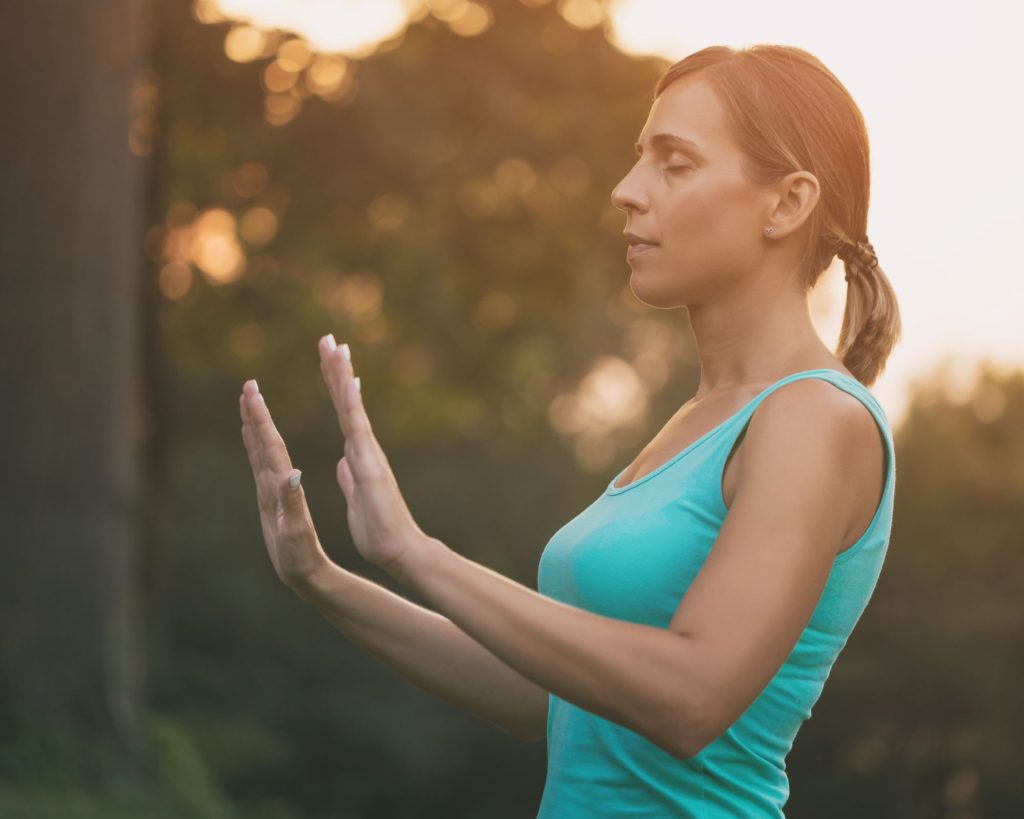
Tai Chi is a form of martial art that originated in China and is known for its slow, controlled movements that flow from one pose to the next. Tai Chi is often described as meditation in motion because of its fluid, gentle movements, and focus on breathing.
The practice consists of a series of movements that are performed in a slow, graceful manner while standing. These movements are meant to be gentle and low-impact, making Tai Chi a suitable exercise for people of all ages and fitness levels.
The philosophy behind Tai Chi is rooted in the concepts of Qi, an energy force thought to flow through the body, and Yin and Yang, opposing elements thought to make up the universe that need to be kept in harmony.
Tai Chi is said to promote this balance by unblocking and encouraging the proper flow of Qi, and as a result, it has been known to improve the overall health of those who practice it.
Physical Benefits
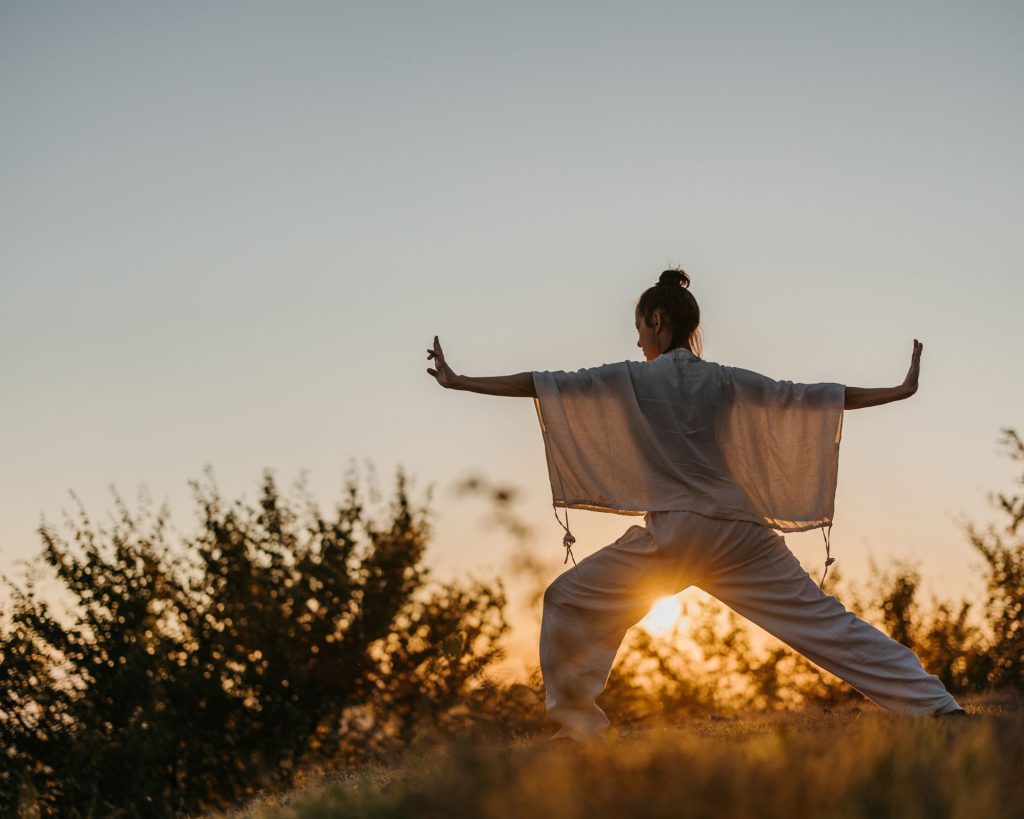
Using Tai Chi for health is an excellent way to maintain strength, flexibility, and balance. It is a low-impact exercise that puts minimal stress on joints and muscles while also promoting cardiovascular health.
The slow, gentle movements involved in using Tai Chi for health can help increase circulation, improve posture, and reduce pain and stiffness in joints. Additionally, Tai Chi can be used to build muscular strength in the legs, hips, and core.
Tai Chi for health is great for seniors, as it can help prevent falls by improving balance and coordination. It has been shown to be effective in reducing the risk of falls among older adults by up to 45%.
Tai Chi is also an effective exercise for people with arthritis. A study found that participants who practiced Tai Chi for 12 weeks had less joint pain and stiffness and improved physical function.
Mental Benefits
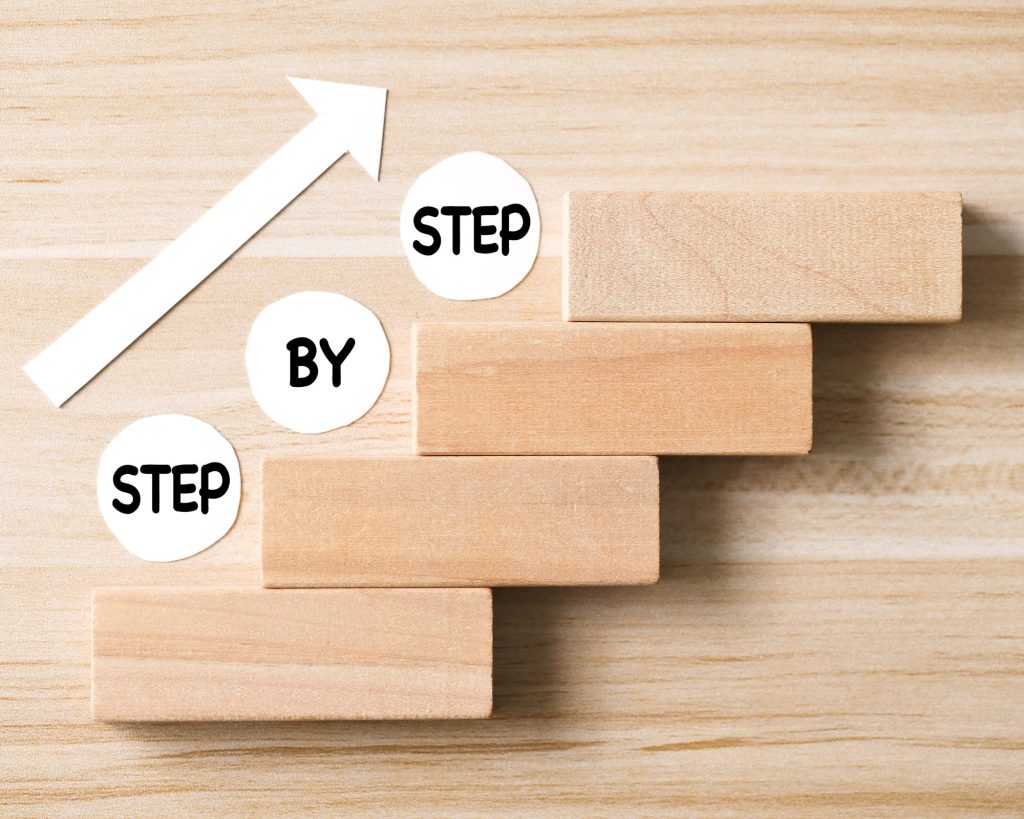
Tai Chi for health will yield numerous benefits, both physical and psychological. The gentle movements and focus on breathing can help reduce stress and anxiety, improve mood, and promote a sense of well-being.
Using Tai Chi for health has also been shown to improve cognitive function in older adults, including better memory, attention, and information processing.
Tai Chi for health is overall excellent for people who experience stress or anxiety. A study found that participants who practiced Tai Chi for 12 weeks had a significant reduction in anxiety levels compared to those who did not practice Tai Chi.
And last but not least, using Tai Chi for health has been shown to improve sleep quality, which can further reduce stress and anxiety.
How To Get Started
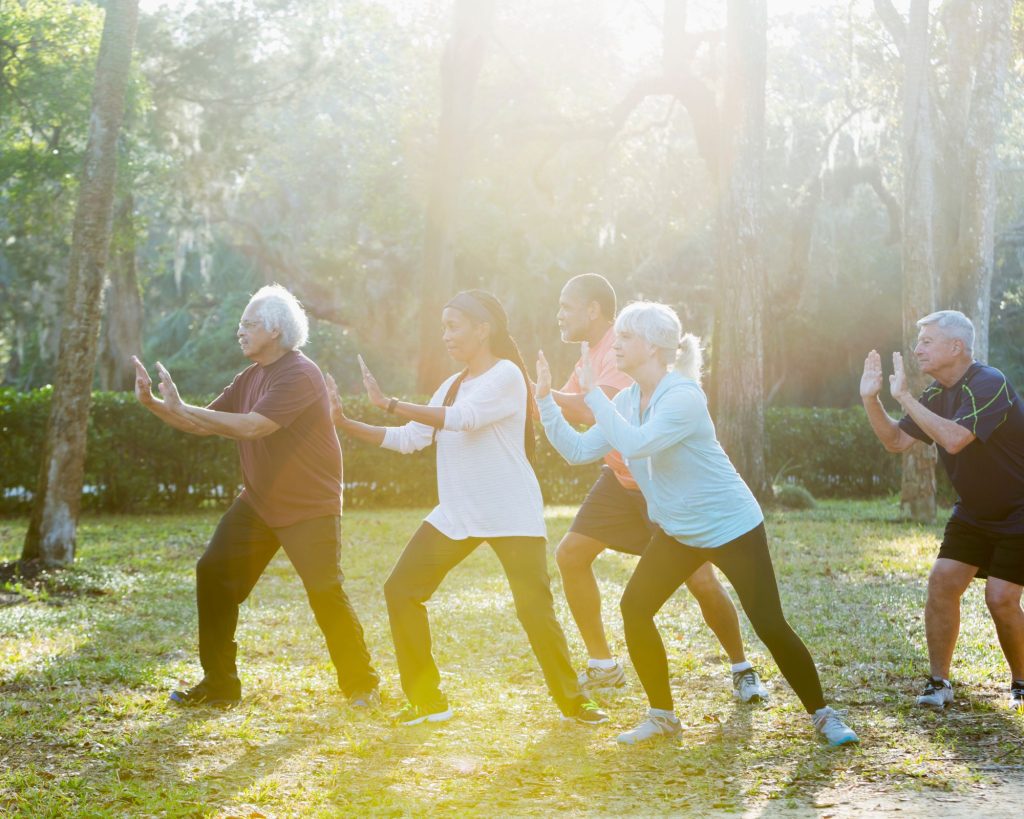
Using Tai Chi for health will be nothing less than a safe and accessible practice, so getting started is easy.
Don't let the different branches of Tai Chi, like Yang, Wu, and Cheng, intimidate you. These names refer to the various sets of movements called forms, created by people who devised them.
Some programs emphasize the martial arts aspect of tai chi, while others focus more on its potential for healing and stress reduction. The key is to find an approach that suits your interests and needs.
Before starting tai chi for health, it's always a good idea to check with your doctor, especially if you have any medical conditions or take medications that can make you dizzy or lightheaded.
Although given tai chi's excellent safety record, chances are that your doctor will encourage you to give it a try.
Taking a class is often the best way to learn this martial art and start using tai chi for health. You'll be able to observe a teacher in action, receive feedback, and enjoy the camaraderie of a group.
Most teachers will allow you to observe a class before committing, so you can get a feel for the approach and atmosphere. Instruction can also be individualized, so be sure to ask about classes at your local Y, senior center, or community education center.
If you'd prefer to learn at home, there are plenty of videos available that cater to different interests and fitness levels. While tai chi books are helpful, still photos or illustrations may not do the flow of movements justice.
When choosing an instructor, keep in mind that there's no standard training or licensing for tai chi teachers. Rely on recommendations from friends, clinicians, and your own judgment. Look for an experienced teacher who can accommodate your individual health concerns and fitness levels.
When it comes to attire, choose loose-fitting clothes that don't restrict your range of motion. You can practice barefoot or in lightweight, comfortable, and flexible shoes. Tai chi shoes are available, but any comfortable shoes you have will do.
Just make sure they provide enough support for balance and have soles thin enough to allow you to feel the ground. Running shoes, which are designed to propel you forward, are not recommended.
Finally, gauge your progress by practicing regularly for at least 12 weeks. Most beginning programs and tai chi interventions tested in medical research involve instruction once or twice a week, with practice at home.
By the end of that time, you should have a good sense of whether tai chi is right for you, and you may notice positive physical and psychological changes.
Feel the Flow of Tai Chi
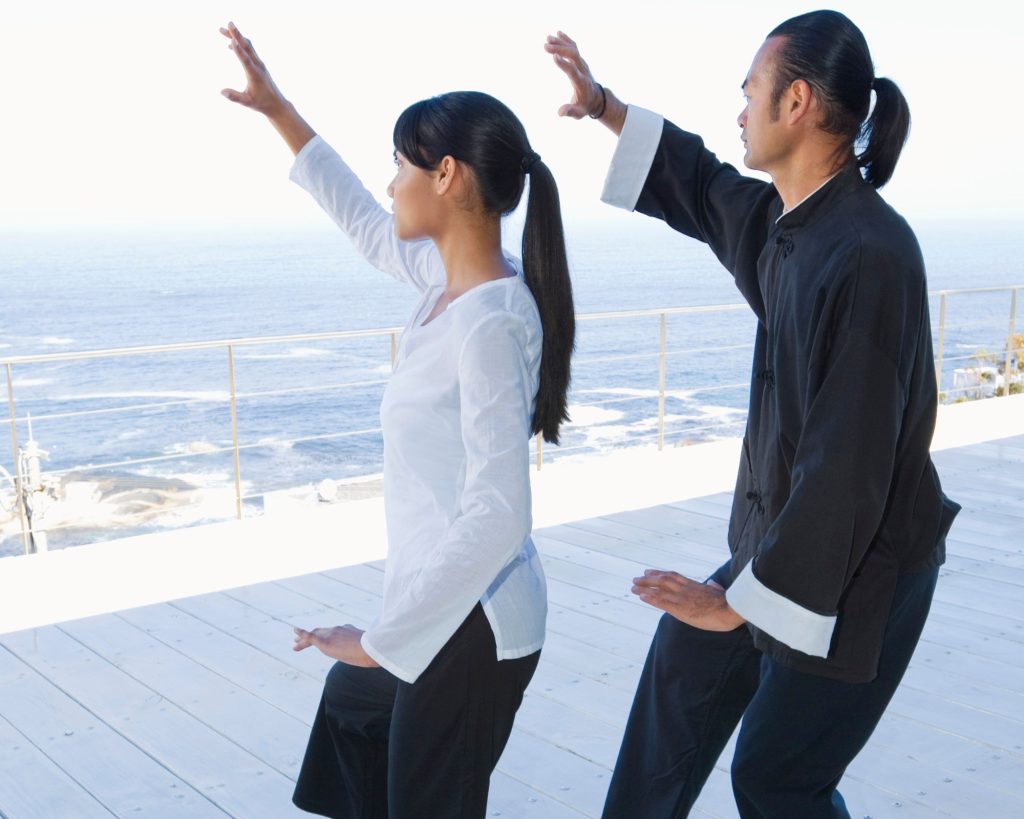
That's about it! Tai chi for health is an accessible and enjoyable form of exercise for everyone. Now that you've learned about the numerous health benefits it has, it's time to get moving!
Remember to check with your doctor before starting any new exercise program, and consider taking a class or seeking out an experienced instructor to help guide you.
With consistent practice, you can experience improvements in balance, flexibility, strength, and mental health. Don't hesitate to give tai chi a try and discover the positive impact it can have on your well-being.
FAQs:
Q. What are the benefits of Tai Chi?
A. The practice of Tai Chi can reduce stress, improve balance and coordination, increase strength and flexibility, and reduce the risk of chronic illnesses.
Q. How often should I practice Tai Chi?
A. Aim for 30 minutes a day, or several short 10-minute practice sessions, to achieve the maximum benefit from your Tai Chi practice.
Q. Is Tai Chi suitable for all ages and physical abilities?
A. Yes, Tai Chi is suitable for people of all ages and physical abilities, and can be adapted to accommodate any physical limitations.
[author-box-jpx-fitness]
